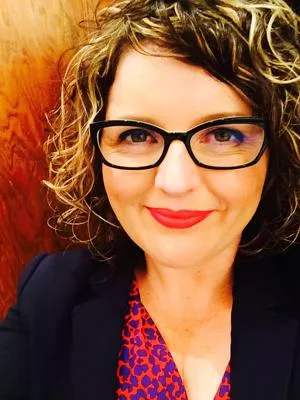
Inequity in academic freedom
Political science professor Erin Tolley knew the article she co-wrote for Maclean’s magazine was provocative, but her conviction to speak out was stronger than the fear of a backlash from political pundits or other academics.
At the end of March, Tolley wrote an op-ed with Professors Amanda Bittner at Memorial University and Elizabeth Goodyear-Grant at Queen’s University. Titled “Threats to academic freedom aren’t just a white-guy problem,” it discussed the resignation of Andrew Potter from the McGill Institute for the Study of Canada after he wrote a contentious piece for Maclean’s, his subsequent falling-out with McGill University, and the broader implications for other academics, particularly women and minorities.
The crux of the op-ed: “Potter’s marginalization is precisely the kind that causes concern because it is what is known in social science as a least-likely case—that is to say, on account of his stature and status, Potter should be the type of person most insulated from sanction and the least likely to face repercussions. His resignation is, therefore, a canary in the coal mine that exposes deeper systemic problems that will affect women, people of colour, and Indigenous Peoples.”
Some agreed that questions of race, gender and privilege had been absent from much of the discussion, but the article also elicited some negative reaction, including from National Post columnist Andrew Coyne, who tweeted that the article was “‘confronting’ [the issue] from the same robotic, brain-dead, race-and-gender-obsessed perspective.”
Contrary backlash aside, Tolley is unwavering in her position and will continue to advocate for institutions to stand behind their faculty members’ right to vocalize their opinions or positions on issues.
“Universities really encourage faculty to provide media commentary and engage in so-called knowledge mobilization. I mostly agree with that objective, but I also know the kind of racism, misogyny and transphobia that is directed at scholars who speak publicly about race or gender or marginalization and exclusion,” says Tolley.
“Universities need to recognize the risk that faculty take when they engage in the public sphere and provide support for those who do so anyway. This is especially important for junior faculty; we don't receive much media training to begin with, and certainly very little on handling the hate mail and death threats that we receive after writing an op-ed or being quoted in a news story.”
